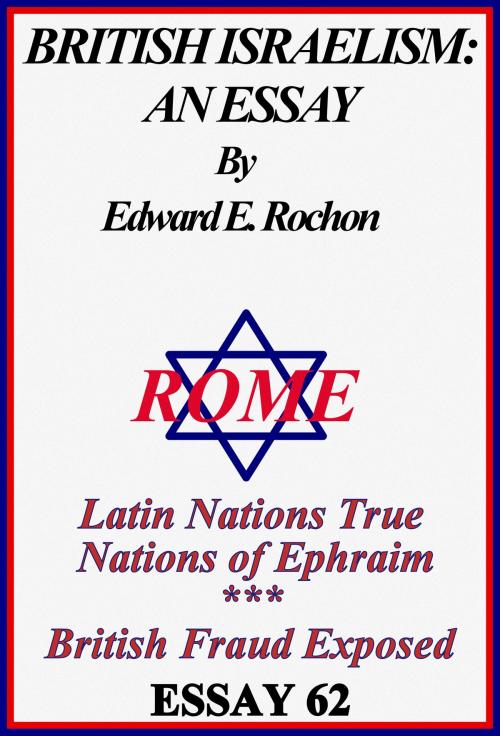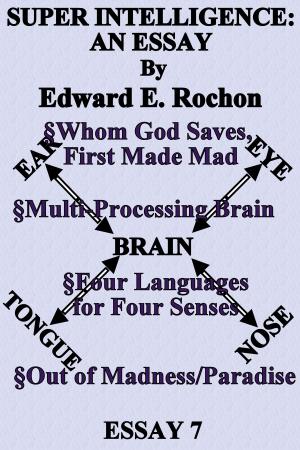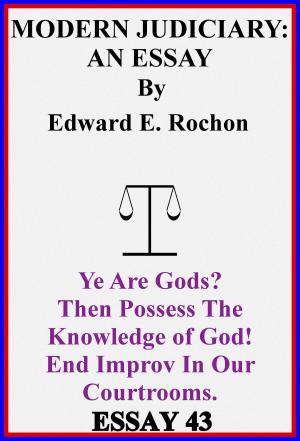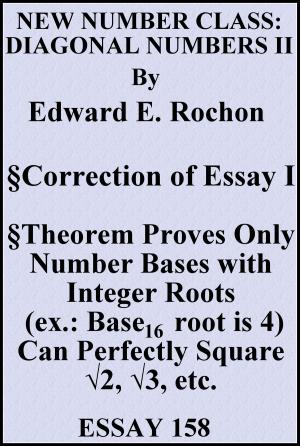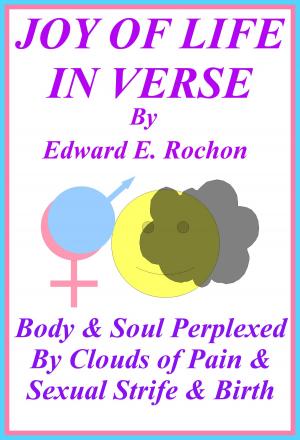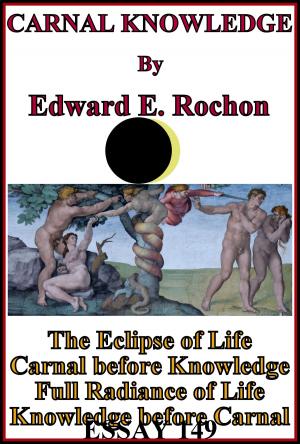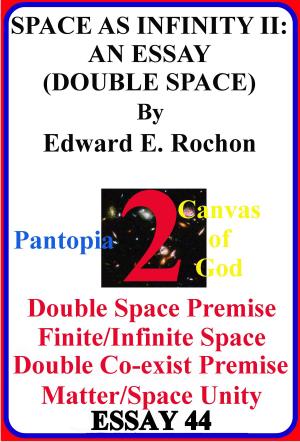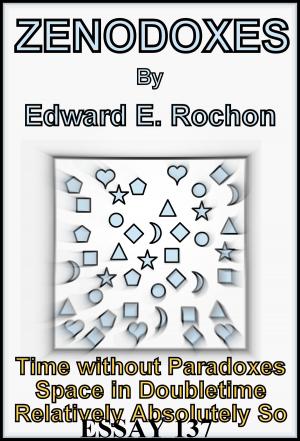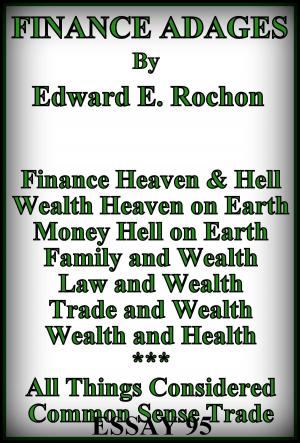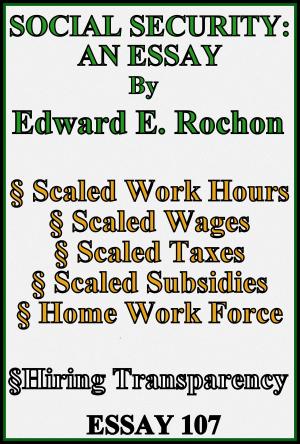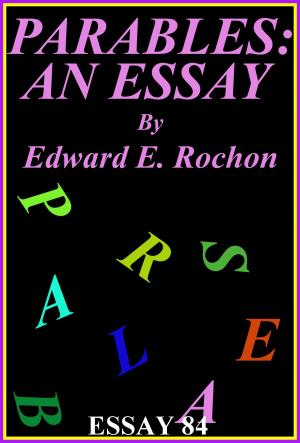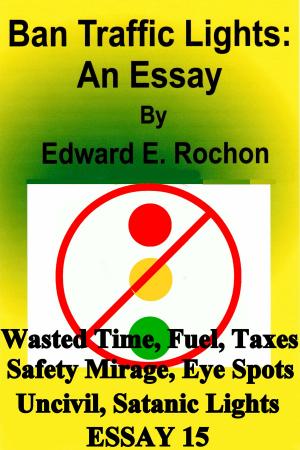British Israelism: An Essay
Nonfiction, Religion & Spirituality, Bible & Bible Studies, Prophecies, Social & Cultural Studies, Political Science| Author: | Edward E. Rochon | ISBN: | 9781311699244 |
| Publisher: | Edward E. Rochon | Publication: | February 19, 2015 |
| Imprint: | Smashwords Edition | Language: | English |
| Author: | Edward E. Rochon |
| ISBN: | 9781311699244 |
| Publisher: | Edward E. Rochon |
| Publication: | February 19, 2015 |
| Imprint: | Smashwords Edition |
| Language: | English |
The preface disputes the reported number of adherents to British Israelism, notes the question of scriptural validity and proceeds to investigate the matter. Chapter 1 lays the foundations for the nations reputed to Joseph and largely ignoring the other tribes of Israel. It cites biblical passages and notes the Egyptian ancestry of Joseph's sons. Chapter 2 sees the Latin nations as the descendants of Joseph, rather than the Celtic and Teutonic nations and goes over territory covered in previous essays about the founding of Rome. Chapter 3 does not see Joseph as important in end time prophecy to the extent that British Israelism and rabbinical commentary suggests. It sees Dan in a more favorable light, if for nothing else, because the Talmud sees him in a negative light. I discuss Revelation and the idea of rebuilding the temple and of Ezekiel's visions of the temple. Chapter 4 comments on the character of Joseph, and sees Reuben in a more favorable light in comparison. I question whether Reuben committed adultery with his father's concubine, citing a tradition that denies it and offering linguistic meaning of terms to cast doubt on the adultery story. This puts Reuben in a more favorable light. I end the essay in discussing justice, righteousness, atonement and the matter of salvation. I conclude with a condemnation of British Israelism.
The preface disputes the reported number of adherents to British Israelism, notes the question of scriptural validity and proceeds to investigate the matter. Chapter 1 lays the foundations for the nations reputed to Joseph and largely ignoring the other tribes of Israel. It cites biblical passages and notes the Egyptian ancestry of Joseph's sons. Chapter 2 sees the Latin nations as the descendants of Joseph, rather than the Celtic and Teutonic nations and goes over territory covered in previous essays about the founding of Rome. Chapter 3 does not see Joseph as important in end time prophecy to the extent that British Israelism and rabbinical commentary suggests. It sees Dan in a more favorable light, if for nothing else, because the Talmud sees him in a negative light. I discuss Revelation and the idea of rebuilding the temple and of Ezekiel's visions of the temple. Chapter 4 comments on the character of Joseph, and sees Reuben in a more favorable light in comparison. I question whether Reuben committed adultery with his father's concubine, citing a tradition that denies it and offering linguistic meaning of terms to cast doubt on the adultery story. This puts Reuben in a more favorable light. I end the essay in discussing justice, righteousness, atonement and the matter of salvation. I conclude with a condemnation of British Israelism.
